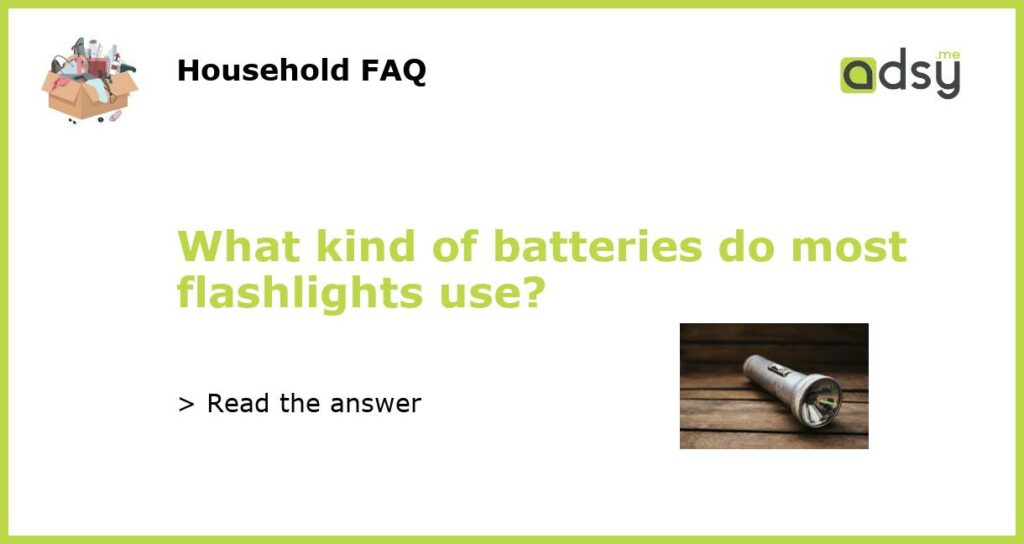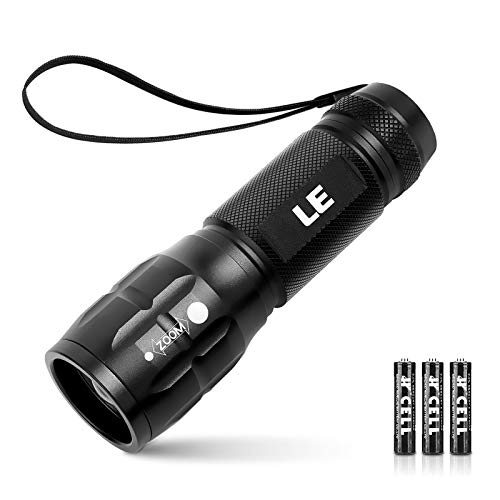The Most Common Type of Batteries Used in Flashlights
When it comes to flashlights, one of the most important things to consider is the type of battery you should use. Not all batteries are created equal, and some may work better than others depending on your flashlight’s specifications and intended use.
Alkaline Batteries – The Standard Choice for Flashlights
The most common type of battery used in flashlights is the alkaline battery. They are easy to find, relatively inexpensive, and can be found in most stores that sell batteries. One of the benefits of alkaline batteries is their long shelf life, meaning they can be stored for extended periods without losing their power.
Another advantage of alkaline batteries is their ability to provide consistent power, making them a reliable choice. However, they do have a downside – they are not always the most eco-friendly option. Most alkaline batteries are not rechargeable, so they can end up in landfills, causing harm to the environment.
Lithium-Ion Batteries – A Popular Alternative
Lithium-ion batteries are another popular choice for flashlights. They tend to be more expensive than alkaline batteries, but their added benefits may make them worth the investment. Lithium-ion batteries are rechargeable, meaning they can be used multiple times, reducing waste and saving money in the long run.
Another advantage of lithium-ion batteries is their ability to hold their charge for longer periods, making them a more powerful and long-lasting option. They are also more lightweight, making them a great choice for portable flashlights that require a higher degree of mobility.
NiMH Batteries – A Good Balance of Cost and Performance
NiMH batteries, or Nickel-Metal Hydride batteries, are another popular choice for flashlights. They are rechargeable like lithium-ion batteries but are less expensive. They also offer a good balance of power and long-lasting performance, making them a great all-around choice.
One downside of NiMH batteries is their tendency to lose power over time when not in use, making them less suitable for emergency situations where you need your flashlight to function at full power immediately. However, they are still a reliable and cost-effective choice for most everyday flashlight uses.
Ultimately, the type of battery you choose for your flashlight will depend on your personal needs and preferences. While alkaline batteries are the standard, and a good all-around choice, lithium-ion and NiMH batteries offer unique benefits that may make them a better option for you. Consider the specs of your flashlight and your intended use, and choose the battery that best meets those requirements.






